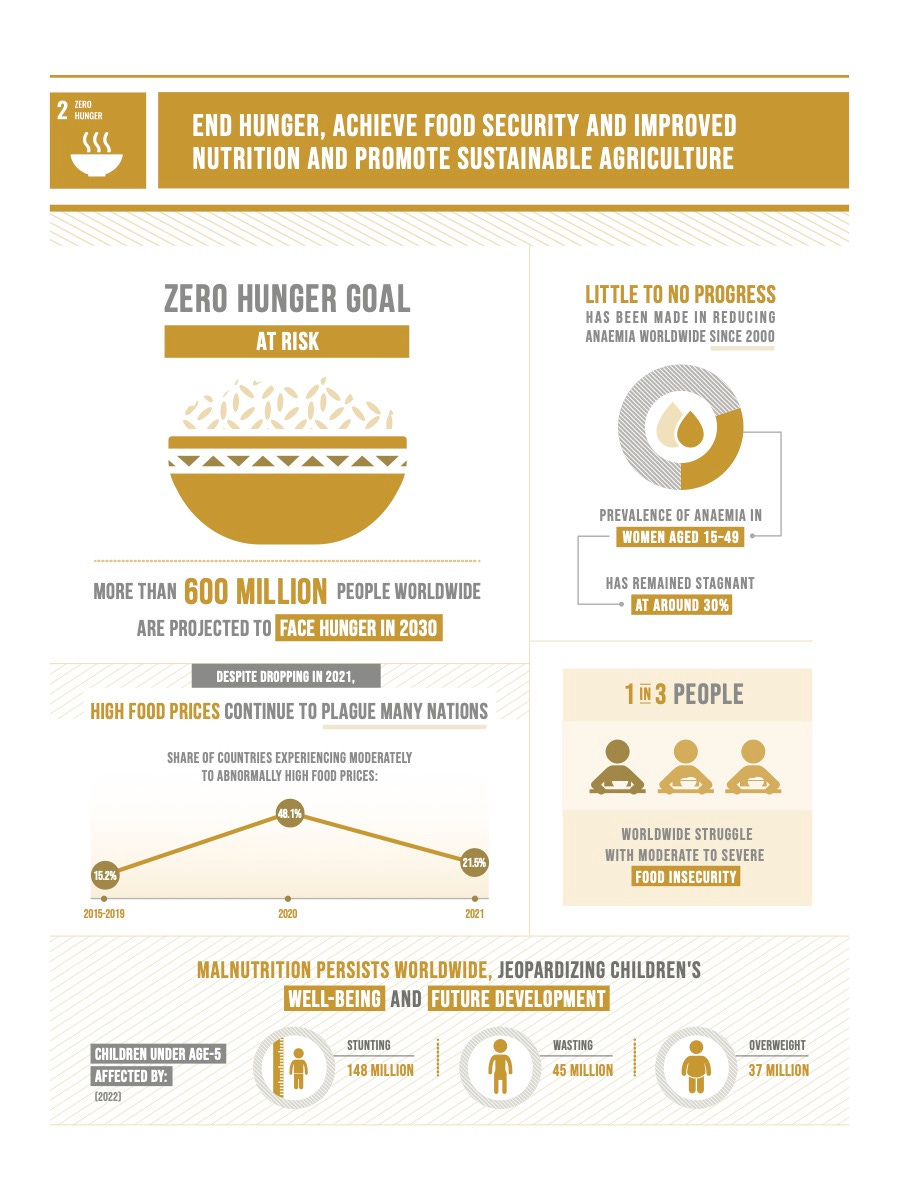GMF#14 | Are We Failing Our Children?
TL;DR: 20% of Malaysian kids face stunted growth due to malnutrition, raising concerns about the UN's 2030 goal. With 1 in 5 children lacking nutrition, Give.Asia aims to turn intentions into action. Past efforts like free school breakfasts faltered due to cost. Our proposed solutions involve targeted assistance, community support, and a manageable financial breakdown—sustaining the program with ~RM1 per week from each family. Despite challenges, a tech-driven approach can enhance nonprofit effectiveness. Victories against gender discrimination, polio, and famines inspire hope, emphasizing the impact of continued giving.
Targeted Assistance: Focusing on the 20% of children most in need could potentially reduce costs by 20%.
Community Support: Distributing responsibility among the 7.91 million families could make the challenge more manageable. Just imagine, 15 families joining forces to support one hungry child!
Financial Breakdown: Sustaining the program at a reduced cost might only require each family to contribute ~RM1 per week. Collective efforts can make a significant impact.
Fresh Approaches Needed: The setback of past initiatives prompts a call for innovative technologies and business strategies to enhance nonprofit effectiveness.
Hope in Progress: Despite persistent social challenges, victories against gender discrimination, polio, and famines illustrate that progress is achievable. It's a call to persevere and believe in the potential of continued giving.
This week, Dr. Hartini shared an eye-opening article (read full article) revealing that 20% of kids in Malaysia are grappling with stunted growth due to insufficient nourishment. It prompted some deep thinking about the UN's ambitious goal to eradicate global hunger by 2030—a goal initially set for 2015 but pushed ahead when 2015 came around. The question now is, will we face a similar scenario in 2030?
My initial reaction was one of shock—1 in 5 kids not getting the proper nutrition to reach their full potential. It's a significant problem that should have captured widespread attention, right? So, why isn't it working?
At Give.Asia, our core belief is that kindness resides in everyone. The challenge we're tackling is turning good intentions into action, breaking down the barriers preventing everyone from being a giver.
The article highlighted past government efforts, such as the 2019 initiative providing free breakfasts in schools, which unfortunately got scrapped due to the hefty cost of about RM2 billion annually to feed 2.7 million school kids!
Now, delving into the numbers offers some interesting insights:
Targeted Assistance: Focusing on the 20% of kids who need it most could potentially cut costs by 20%.
Community Support: Distributing the responsibility among the 7.91 million families in the country makes it seem more manageable. Imagine, 15 families coming together to support one hungry child!
Financial Breakdown: At a reduced cost, sustaining the program would only require each family to contribute ~RM1 per week. A collective effort could make a significant impact.
“I have met families who will just mix water with sugar to feed their babies because they just don’t have money to buy milk,”
It's disheartening, but it's not a lost cause. Perhaps what's needed is a fresh approach to solving social problems. What if we integrate innovative technologies and business ideas to supercharge the effectiveness of nonprofits?
Social problems might seem like an ongoing saga, but there have been victories—successfully combatting gender discrimination, eliminating polio, and overcoming famines. It's a reminder that, even in the face of significant challenges, we can still celebrate moments of progress.
It's too early to give up. There is so much more progress yet to come if we just believe and continue to be a giver.





